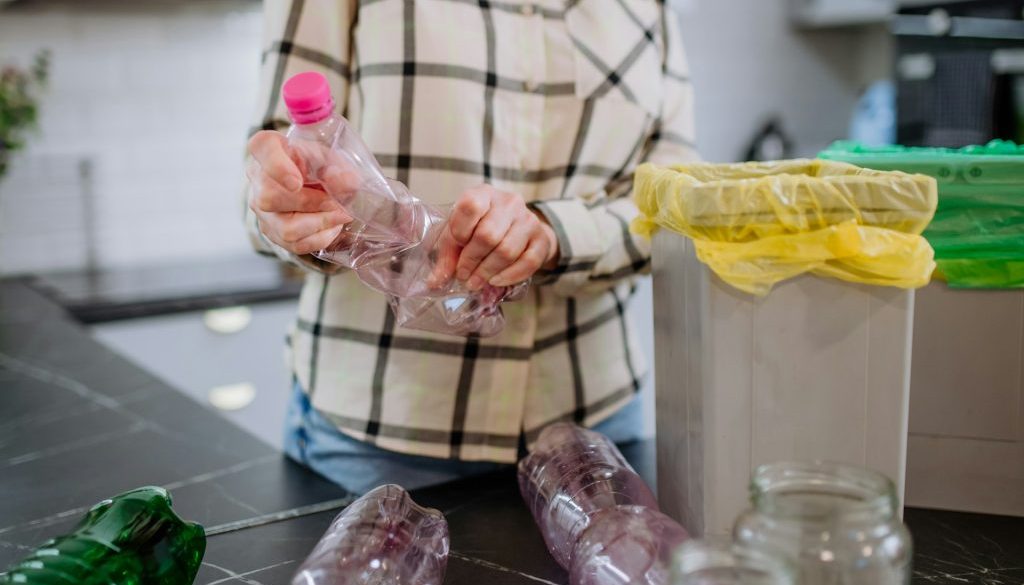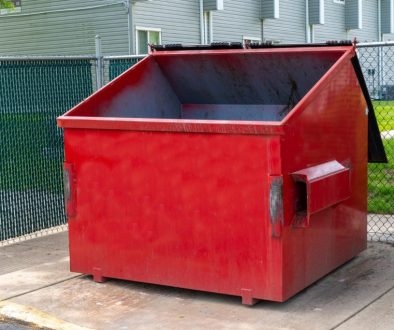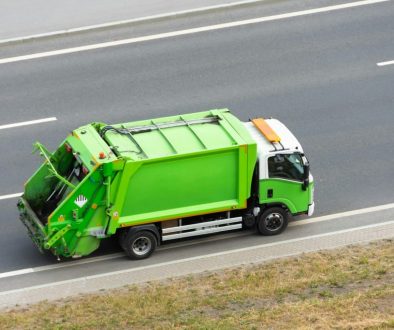Recycling at home is a simple yet effective way to make a positive impact on the environment. By recycling, we can reduce the amount of waste sent to landfills, conserve natural resources, and reduce pollution. Understanding the significance of recycling is the first step towards making it a daily habit in our households.
Many everyday items we use can be recycled, but it’s crucial to know which ones to target. From paper and plastic to glass and metals, recognising recyclable materials helps in efficiently sorting waste. Creating a straightforward recycling system at home not only makes the process easier but also ensures that we do our bit for the planet without much hassle.
In this blog, we will explore the top tips for recycling at home. We’ll discuss the importance of recycling, highlight common household items you can recycle, guide you on setting up an effective home recycling system, and point out mistakes to avoid. By following these tips, you can turn your home into an eco-friendly space and contribute to a sustainable future.
Understanding the Importance of Recycling
Recycling plays a crucial role in conserving natural resources and reducing the burden on landfills. By reusing materials, we lessen the need to harvest new raw resources, which helps conserve biodiversity and protect ecosystems. When we recycle, we also save energy, as manufacturing products from recycled materials typically requires less energy than producing them from virgin resources.
Moreover, recycling reduces pollution. By diverting waste from incinerators and landfills, we minimise the emissions of harmful greenhouse gases and pollutants. This, in turn, helps combat climate change and improves air and water quality. Additionally, recycling aids in reducing the litter that can harm wildlife. Animals often mistake waste for food, leading to ingestion of harmful substances. Proper recycling practices help keep our environment clean and safe for all living beings.
Economic benefits also come with recycling. Recycling industries create jobs, from collection and sorting to processing materials into new products. By supporting recycling efforts, we contribute to a sustainable economy and encourage green innovations. Understanding these benefits underscores the importance of making recycling a consistent part of our daily routines.
Common Household Items You Can Recycle
Recycling at home can be straightforward when you know which items to target. Here are some common household items that are recyclable:
1. Paper Products: Newspapers, magazines, cardboard, and paper bags are all recyclable. Ensure they are clean and dry before placing them in the recycling bin.
2. Plastics: Most plastic containers, such as milk jugs, shampoo bottles, and yoghurt tubs, can be recycled. Look for the recycling symbol and number on the bottom of the containers to determine if they are recyclable in your area.
3. Glass: Glass bottles and jars are widely recyclable. Rinse them out to remove any food residue and separate them from other types of waste.
4. Metals: Aluminium cans, tin cans, and other metal packaging are recyclable. Crushing cans can save space in your recycling bin.
5. Electronics: Old electronics, like mobile phones and laptops, contain valuable metals and components that can be recycled. Look for special collection points or recycling events for these items.
6. Textiles: Clothes, towels, and linens can often be recycled or donated if they are in good condition. Many organisations collect textiles for recycling or reuse.
By identifying and sorting these items, you can make a significant contribution to recycling efforts. Ensuring these materials are clean and separated correctly helps the recycling process run smoothly and efficiently. Taking the time to recycle these common household items can greatly reduce the amount of waste that ends up in landfills.
How to Set Up an Effective Home Recycling System
Creating an effective home recycling system can make recycling easier and more efficient. Here are some simple steps to set up your system:
1. Designate Recycling Bins: Get separate bins or containers for different types of recyclables such as paper, plastic, glass, and metal. Clearly label each bin to avoid confusion. Place these bins in convenient locations, like the kitchen, to make recycling easy.
2. Learn Local Recycling Rules: Understand what your local council accepts for recycling. Some councils may have specific requirements or separate collection days for different materials. Knowing these rules helps you sort your recyclables correctly.
3. Rinse and Clean Recyclables: Before placing items in the recycling bins, make sure they are clean. Rinse out containers to remove food residues. This prevents contamination and makes the recycling process smoother.
4. Flatten and Crush Items: Flatten cardboard boxes and crush cans to save space in your recycling bins. This helps maximise the amount of recyclables you can store and reduces the frequency of taking out the bins.
5. Create a Routine: Make recycling a part of your daily routine. Encourage all family members to participate and remind them where the recycling bins are located. Routine actions become habits, making it easier for everyone to recycle regularly.
6. Utilise Recycling Programmes: Participate in local recycling programmes and take advantage of designated collection points for items like electronics or batteries. These programmes help ensure that specialised recyclables are handled properly.
By following these steps, you can establish a home recycling system that is easy to maintain. This makes it more likely that you and your family will stick to recycling practices, contributing positively to the environment.
Mistakes to Avoid When Recycling at Home
Even with the best intentions, it’s easy to make mistakes when recycling at home. Avoid these common errors to improve your recycling efforts:
1. Mixing Non-Recyclables: Placing non-recyclable items in the recycling bin can contaminate the whole batch. Items like plastic bags, greasy pizza boxes, and certain types of plastic are usually not accepted. Check local guidelines to understand what can and cannot be recycled.
2. Leaving Food Residue: Recyclables with food residue can cause problems during processing. Always rinse containers before placing them in the recycling bin. This helps prevent contamination and keeps your recycling area clean.
3. Ignoring Special Items: Items like electronics, batteries, and hazardous waste need specific disposal methods. Don’t throw these into regular recycling bins. Look for special collection points or events for these materials.
4. Bagging Recyclables: Placing recyclables in plastic bags can disrupt the recycling process. Many recycling facilities do not accept bagged items. Place recyclables loose in the bin to avoid this issue.
5. Forgetting to Check Labels: Not all plastics are recyclable. Before recycling, check for the recycling symbol and corresponding number on plastic items. This ensures that you are only placing accepted plastics in the bin.
6. Overlooking Paper Quality: Wet or soiled paper is not recyclable and should be composted or disposed of with regular waste. Ensure that paper products are clean and dry before recycling them.
By avoiding these mistakes, you can make your recycling efforts more effective and contribute to a smoother recycling process. This ensures that more materials are successfully recycled, benefiting both the environment and your community.
Conclusion
Recycling at home is a practical and impactful way to contribute to environmental preservation. By understanding the importance of recycling, identifying recyclable household items, setting up an effective home recycling system, and avoiding common mistakes, we can all play a part in protecting our planet. These actions help conserve natural resources, reduce pollution, and support a sustainable future.
Taking the time to recycle correctly not only benefits the environment but also brings economic advantages and promotes a cleaner community. Simple changes in our daily habits can make a dramatic difference. With each item we recycle, we reduce the amount of waste that ends up in landfills and lessen our overall environmental footprint.
To ensure you manage your waste responsibly and make the most of recycling opportunities, contact Enviro Skip Hire for expert advice and reliable recycling services. Get in touch with Enviro Skip Hire today to learn how we can help you with your recycling needs and make your home more eco-friendly. Together, let’s contribute to a greener future.




